According to Decree 119, after October 1, 2025, only car owners who have been identified and validly linked to a payment method will be allowed to top up to use the non-stop toll lane (ETC).
The identified traffic account not only serves to pass through toll stations but can also connect to many essential services such as payment for parking, inner-city tickets, gasoline and other urban utilities.
If there is a delay in the conversion, the vehicle may be refused to pass through the ETC station, causing congestion. At the same time, the vehicle owner will also have difficulty looking up transactions to make complaints or when using extended services in the future.
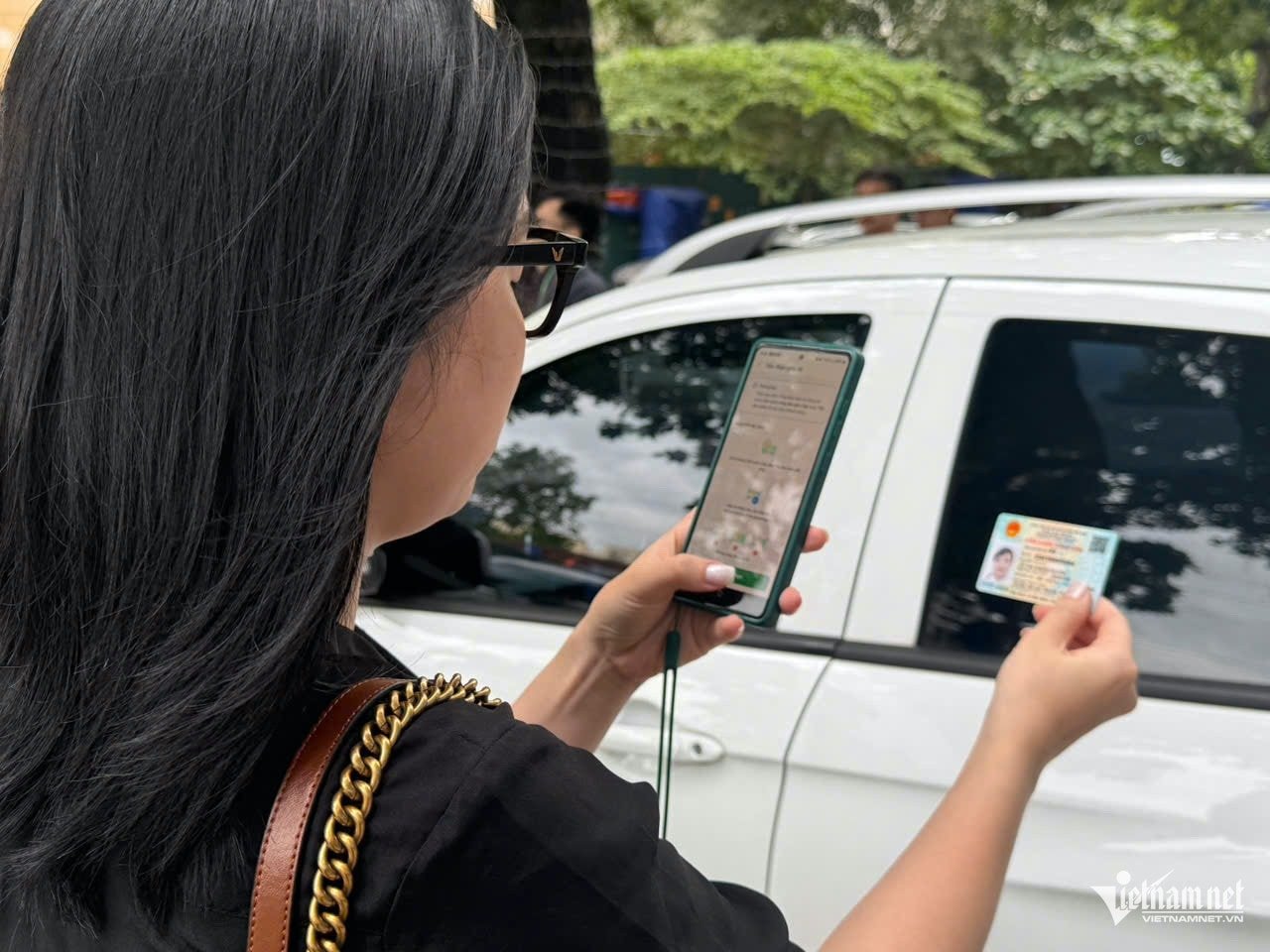
According to statistics from non-stop toll collection service providers ePass and VETC, up to now, only 50% of the total 6.8 million cars nationwide have converted toll collection accounts to traffic accounts connected to payment means, most of which are private cars. The remaining 130,000 transport enterprises are still "inactive".
Mr. Khuc Huu Thanh Hai - Director of Dat Cang Trading and Service Company Limited - said that for many days now, the unit has been struggling to find a way to convert accounts for hundreds of transport business vehicles because there are no specific instructions for business accounts.
“We are wondering whether businesses will share one account or each vehicle will have its own account,” Mr. Hai asked.
Similarly, Mr. Do Van Bang - Chairman of Hanoi Transport Association, Director of Minh Thanh Phat Trading and Service Company Limited (Sao Viet Car) - said that currently most transport businesses have not yet implemented the conversion of transport accounts.
According to Mr. Bang, businesses usually pay traffic fees from the company account to the toll collection unit's account, then the two sides make a deduction. When the money runs out, they add more. But according to the new regulations, businesses must use e-wallets or Visa cards.
“If using an international Visa card or an electronic wallet of a non-connected bank, the business will be deducted about 2% transaction fee. For units with hundreds of vehicles, this cost is a huge financial burden,” he analyzed.
Businesses worry that drivers will quit and spend all the money they have paid in advance.
In addition, pursuant to Point i, Clause 2, Article 26 of Decree No. 181/2025/ND-CP on non-cash payment documents, it is stipulated that: “In case goods and services purchased to serve the production and trading of goods and services subject to value-added tax are authorized to individuals who are employees of a business establishment to make non-cash payments according to the financial regulations or internal regulations of the business establishment, and then the business establishment pays the employee in the form of non-cash payments, input value-added tax is deductible.”
Thus, to deduct input VAT, businesses are required to authorize employees to directly make non-cash payments.
Mr. Bang said: “Every day, we spend nearly 100 million VND on transportation fees, so we will need a lot of accounts. Instead of just managing one account, businesses may now have to open a series of identification accounts (IP). For businesses that own hundreds of vehicles, the number of accounts that need authorization will be very large. At that time, businesses must set up an additional department to manage IP accounts, and another department in charge of authorizing payments to drivers to synthesize and update invoices.”
Because if drivers manage their own accounts, the risks are very high, such as the case of the driver suddenly quitting or spending all the money the company has prepaid. Therefore, the company is forced to retain the right to manage the driver's IP, but this makes many drivers reluctant to provide personal records.
From the above shortcomings, Mr. Bang suggested: The transition to e-wallets should be divided into two groups - businesses and individuals. In particular, transportation businesses should keep the current transaction form (authorizing payment from business accounts), avoiding having to split and open too many accounts.
Vietnamnet.vn reporters contacted the Vietnam Road Administration about the businesses' concerns but have yet to receive a response.
Source: https://baolamdong.vn/doanh-nghiep-van-tai-loay-hoay-ngong-huong-dan-nang-cap-tai-khoan-giao-thong-392699.html



![[Photo] General Secretary To Lam visits Kieng Sang Kindergarten and the classroom named after Uncle Ho](https://vphoto.vietnam.vn/thumb/1200x675/vietnam/resource/IMAGE/2025/10/09/1760023999336_vna-potal-tong-bi-thu-to-lam-tham-truong-mau-giao-kieng-sang-va-lop-hoc-mang-ten-bac-ho-8328675-277-jpg.webp)


![[Photo] Prime Minister Pham Minh Chinh chairs a meeting of the Government Standing Committee on overcoming the consequences of natural disasters after storm No. 11](https://vphoto.vietnam.vn/thumb/1200x675/vietnam/resource/IMAGE/2025/10/09/1759997894015_dsc-0591-jpg.webp)

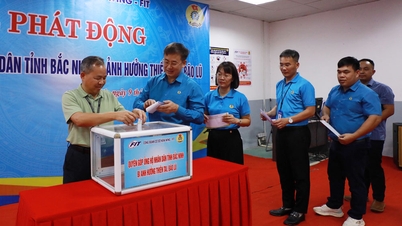






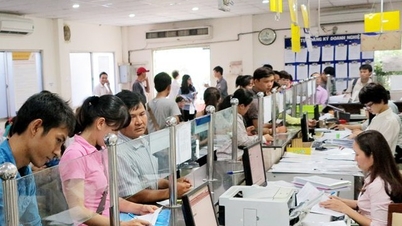




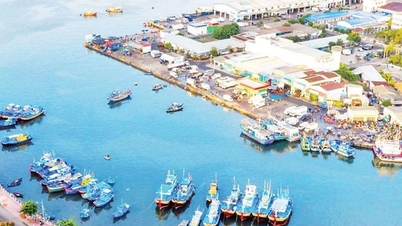





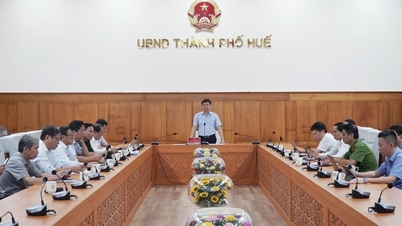









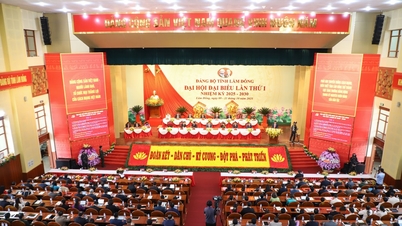



































































Comment (0)